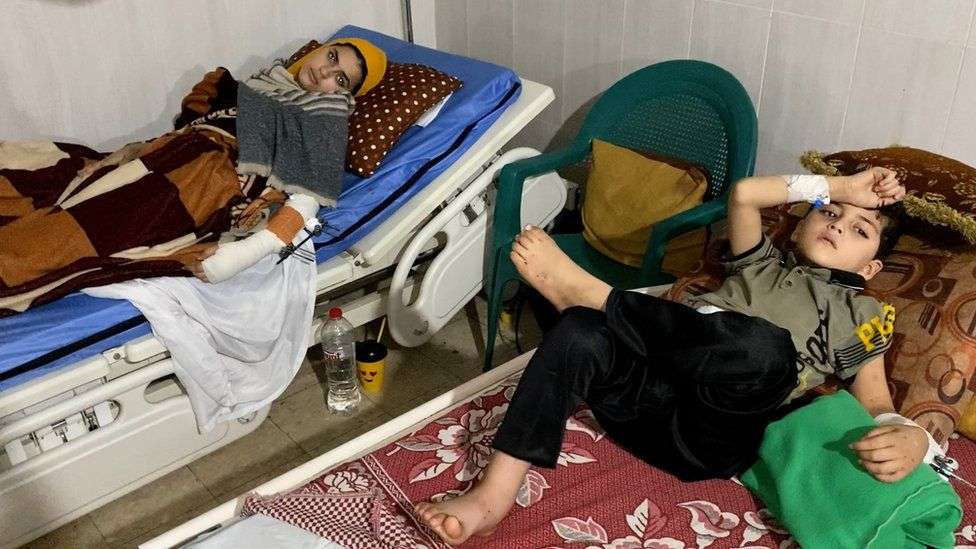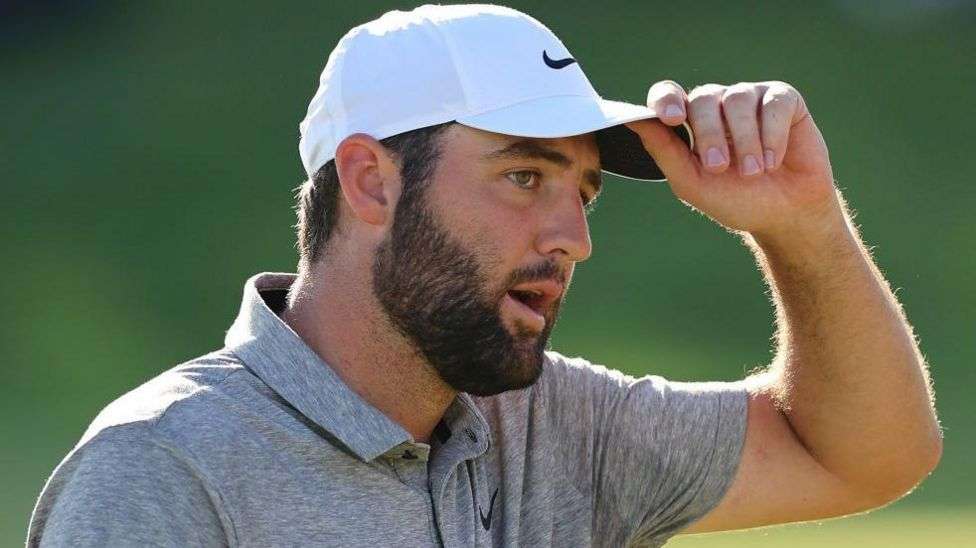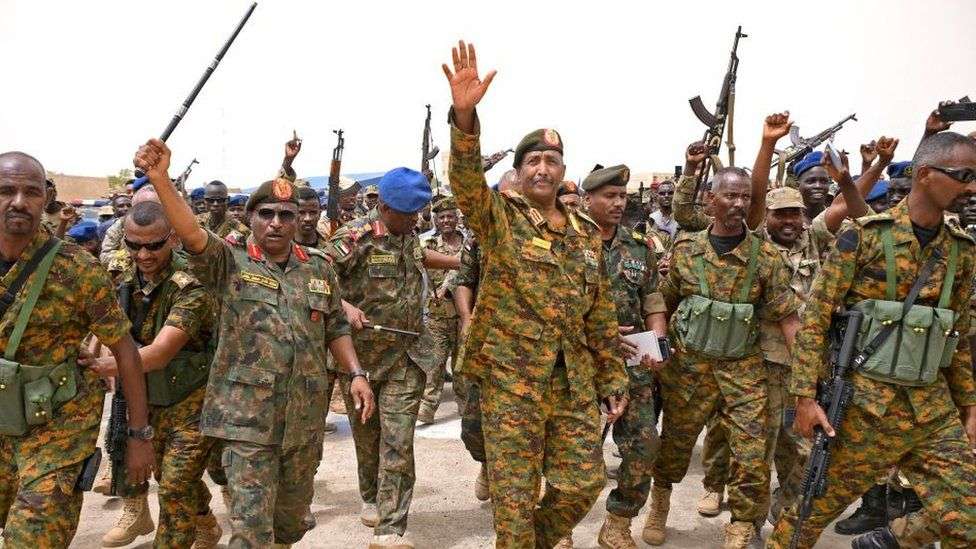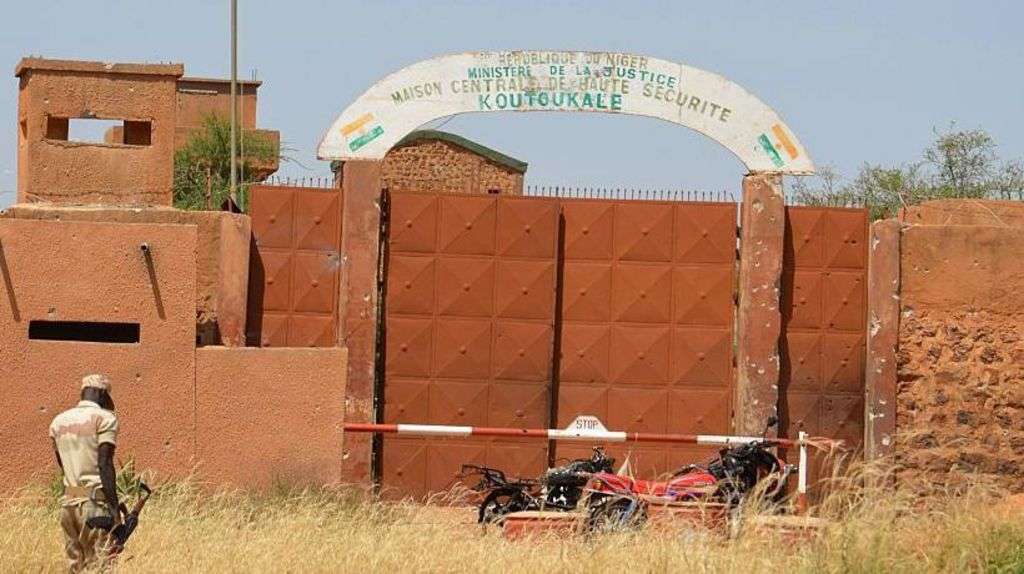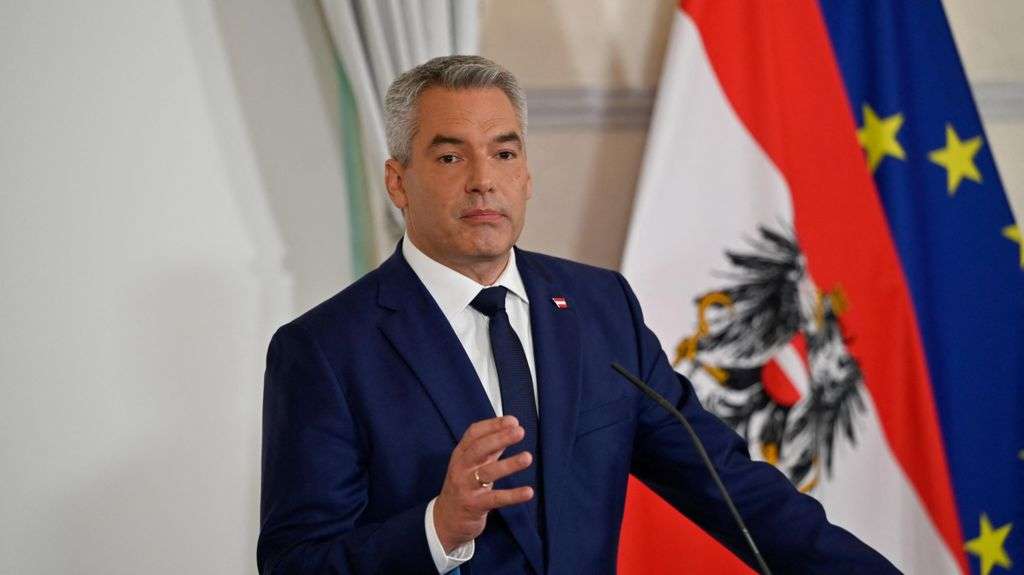The children at al-Aqsa hospital do not think of the dead of Gaza in figures of thousands. Theirs is a more intimate reckoning. It is counted in beloved faces that have vanished into the fire and rubble of the war.
Thirteen-year-old Rama Zaqout was sleeping when an Israeli missile struck the mosque in which she was sheltering with her family.
She woke in hospital to discover that her two-year-old brother Hisham and many other family members were dead.
She lists the names of those killed in a voice that seems detached from the immense loss she has experienced. It is the voice of a child still in shock at the loss of her grandparents, Hashim, Issam and Ni'ma, her aunt Reem, and her cousins Sireen, Riham and Asma. Sireen was pregnant and had a young daughter. That child was also among the dead.
Rama survived with severe wounds to her left hand and right leg, but the hospital does not have the facilities to treat her injuries properly. If she is not evacuated from Gaza, she says, both limbs will be amputated.
"Running and drawing were once my best hobbies," Rama says, "but without the proper treatment, I won't be able to enjoy them again… I dream of a life like other children around the world, where I can again run and draw."
Near to where Rama lies, there is another girl - about 10 years old - who lies strapped into a medical brace. She appears to have suffered a serious back injury. Somebody has given the child some Barbie dolls to play with and a plastic tiara to wear. They are symbols of a vanished normality in a place of the dead and maimed.
She picks up a doll with red hair and caresses it gently. A small child's screaming erupts from another ward. Adult voices can be heard trying to console him. The girl with the doll does not react, as if she is trying to close herself into a world that war cannot reach.
Outside the hospital, the soundscape of Gaza is dominated by the rumble of jets, the constant whine of the military drones and the explosions when they find their target.
For 24-year-old Tala Abu Nahel, who lives in Rafah in a house shared with nine other families, there is a belief that survival is a matter of luck.
We first interviewed Tala more than a month ago, when she tried to escape Gaza with her severely disabled brother, Yazid, aged 17. They were turned back as they did not have foreign passports. Yazid suffers chronic seizures, made much worse now by the absence of medication.
Tala explains the psychological torment of living under constant threat of attack.
"Every time I hear like a rocket or bomb that's going to drop on people… it's horrible to say this, but sort of it gives me this, this sort of relief, that it's not us," she says. "But that does not mean that we're fully safe. It's like every day it feels like we're next. And it feels like we're just getting by on luck. I don't think I have any more hope."
Sitting in his wheelchair in the garden of the house in Rafah, Yazid glances repeatedly upwards in the direction of the drones. Tala strokes her brother's hand to comfort him.
"It's been over 70 days, with nothing changing. It keeps getting worse," she says. "I think what I fear the most is that I don't want to be a number. I just don't want to die or get killed to be another one of those 20,000 people who got killed."
The people of Gaza grieve their dead and live in fear of dying themselves. They flee from one unsafe place to another. They endure this because they have no choice. Every border is closed to them.
Each day, the funerals of their dead bring forth corpses of all ages, wrapped in white shrouds or in plastic body bags.
At the Nasser Medical Complex, a boy prostrates himself on the body of his father lying among a group of corpses. He spreads his arms to hug the dead man, his fingers grasping the plastic sheeting.
"Our dad," he sobs, "I can't take it any more."
An older male relative reaches in to stroke his arm. But the child is beyond consolation. Eventually he is gently drawn away from his father. The men begin to lift the corpses, one holding each end of the body bag. They move through the gates where they stop and pray for the dead.
Barring a sudden declaration of ceasefire, the same rituals of mourning will be repeated tomorrow by different families in the same small place.


